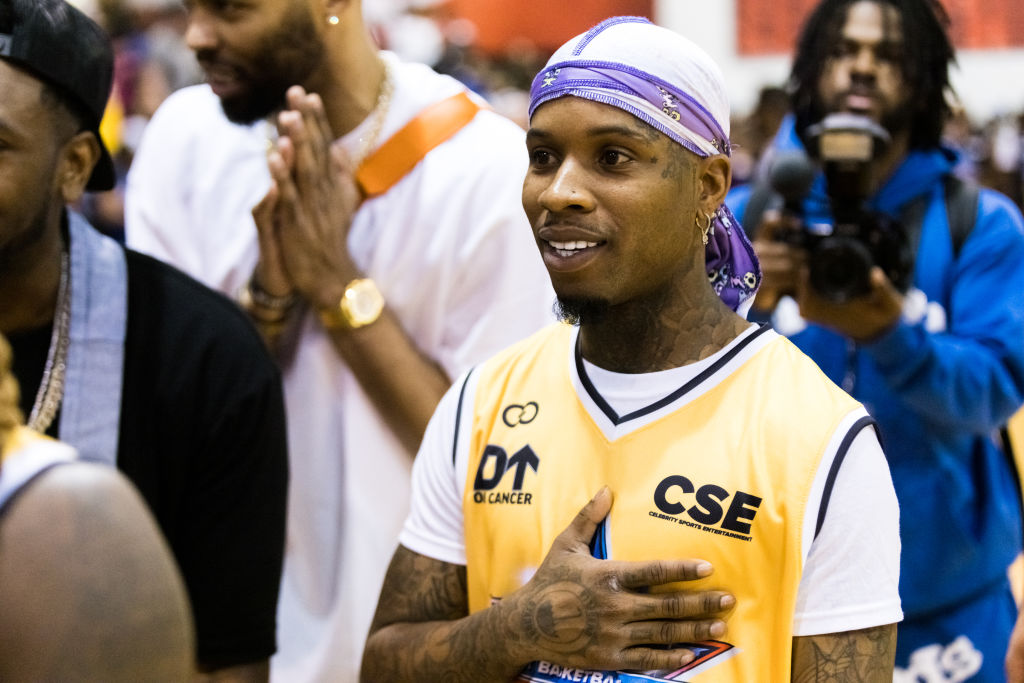Products You May Like
Milagro Gramz, a blogger currently facing a lawsuit from the popular rapper Megan Thee Stallion, has secured representation from the nonprofit organization Unite the People. This group is also known for representing Tory Lanez in his appeal related to a shooting conviction. The lawsuit is centered around allegations made by Megan against Milagro, including cyberstalking, the dissemination of deepfake pornography, and claims suggesting that the camp of Tory Lanez is financing the blogger to spread falsehoods about her.
In a bold statement, Megan Thee Stallion emphasized her resolve, declaring, “It’s time to hold bloggers accountable for years of harassment, cyberbullying, and the publication of misinformation about my personal and professional life.” This underscores a larger issue within the realm of social media and blogging, where influencers and commentators have significant power over public perception, often without accountability.
Unite the People, in response to Megan’s allegations, has contended that her lawsuit contains numerous “false claims,” suggesting that it is more an effort to stifle Milagro’s reporting on ongoing legal matters than a genuine pursuit of justice. The organization, which focuses on advocating for those who are marginalized or less powerful, asserts that the suit is an attempt to silence voices that challenge established narratives.
In a statement to Rolling Stone, Unite the People defended their cause, stating, “Unite the People Inc. was founded and exists to fight on behalf of the disadvantaged, the small, and the powerless against these Goliath organizations, corporations, or celebrities that want to push around and bully the Davids of this world.” This rhetoric positions the blogosphere as an arena of contestation where smaller entities face the overwhelming might of celebrity power and public scrutiny.
The legal actions surrounding this case highlight a growing tension in the digital age, where the lines between personal accountability and freedom of speech become increasingly blurred. Influencers wield significant influence over public discourse, and their platform often allows them to shape narratives that can have serious implications for individuals’ reputations and lives.
As this situation unfolds, it will serve as a pivotal moment in understanding the responsibilities bloggers and social media personalities hold, contrasting them against the rights of individuals to protect their name and dignity. The outcome may reshape the way legal systems look at issues involving online speech and harassment, setting important precedents for the future.
Megan Thee Stallion’s lawsuit, thus, symbolizes a confrontation between powerful public figures and the voices of those who report on them, raising essential questions about accountability in the digital landscape. The world is watching as both parties prepare for what could become a landmark case regarding the intersection of journalism, celebrity, and legality in online spaces.
